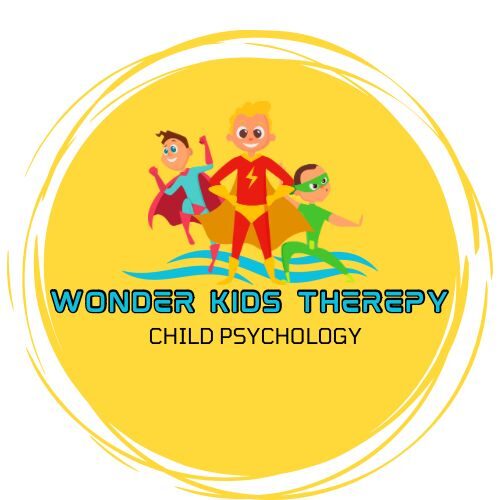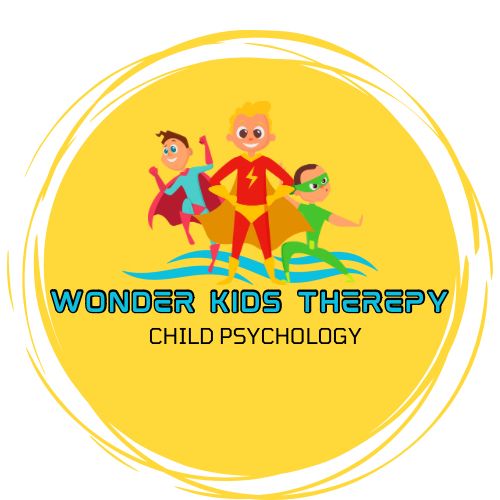Understanding the Importance of Psychological Therapy for Parents and Kids
Psychological therapy can be a valuable tool for both parents and kids who are facing emotional or behavioral challenges. It provides a safe and supportive environment for individuals to explore their feelings, thoughts, and experiences, and develop strategies to cope with difficulties.
Why Parents Seek Psychological Therapy
Parents often turn to psychological therapy when they are facing challenges in their parenting journey or when they notice behavioral or emotional issues in their children. Some common reasons why parents seek therapy include:
- Parenting Challenges: Parenthood can be overwhelming and stressful at times. Therapy can help parents develop effective parenting strategies, manage stress, and improve their relationship with their children.
- Behavioral Issues: If a child is displaying challenging behaviors such as aggression, defiance, or withdrawal, therapy can help parents understand the underlying causes and learn strategies to address these behaviors.
- Emotional Difficulties: Children may experience emotional difficulties such as anxiety, depression, or low self-esteem. Therapy can provide a safe space for them to express their emotions and learn coping skills.
- Family Transitions: Major life events such as divorce, relocation, or the loss of a loved one can have a significant impact on both parents and children. Therapy can help families navigate these transitions and build resilience.
The Benefits of Psychological Therapy for Kids
Psychological therapy can have numerous benefits for children, helping them develop the skills and resilience needed to navigate life’s challenges. Some key benefits include:
- Emotional Regulation: Therapy can teach children how to identify and manage their emotions in a healthy way, reducing the likelihood of emotional outbursts or internalizing difficulties.
- Improved Communication: Children can learn effective communication skills in therapy, enabling them to express their needs and concerns more assertively and build healthier relationships.
- Enhanced Self-esteem: Therapy can help children develop a positive self-image and improve their self-confidence, empowering them to tackle new experiences and challenges.
- Coping Strategies: Children can learn various coping strategies in therapy, such as deep breathing exercises, mindfulness techniques, or problem-solving skills, which can help them manage stress and anxiety.
- Academic Performance: Addressing any underlying emotional or behavioral difficulties through therapy can positively impact a child’s academic performance and overall well-being.
Choosing the Right Therapist
When seeking psychological therapy for parents and kids, it is essential to find the right therapist. Consider the following factors:
- Qualifications and Experience: Look for a therapist who specializes in working with children and families and has the necessary qualifications and experience in the field of psychology.
- Approach and Techniques: Different therapists may use different therapeutic approaches and techniques. It’s important to find a therapist whose approach aligns with your values and goals.
- Rapport and Trust: Building a strong rapport and trust with the therapist is crucial for effective therapy. Take the time to find a therapist with whom both you and your child feel comfortable.
- Accessibility and Availability: Consider the location, availability, and cost of therapy sessions to ensure that it is convenient and feasible for your family.
Conclusion
Psychological therapy can be a valuable resource for parents and kids, providing support, guidance, and strategies to navigate emotional and behavioral challenges. By seeking therapy, parents can enhance their parenting skills, while children can develop important life skills that will benefit them well into adulthood. Remember to choose a therapist who is the right fit for your family’s needs, and don’t hesitate to reach out for help when needed.

